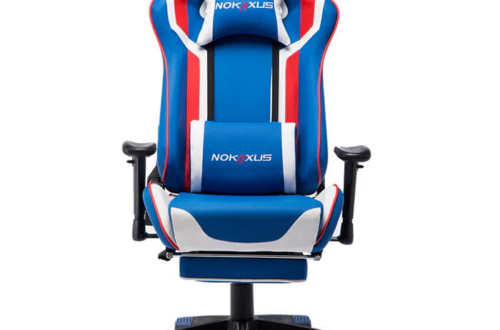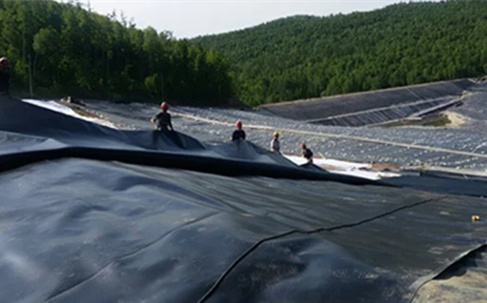Pan-Tilt Platform for Precision Control Applications
Keyword: pan tilt platform
# Pan-Tilt Platform for Precision Control Applications
## Introduction to Pan-Tilt Platforms
Pan-tilt platforms are mechanical systems designed to provide precise angular positioning in two axes: pan (horizontal rotation) and tilt (vertical rotation). These versatile devices have become essential components in various industries where accurate pointing, tracking, or positioning is required.
## Key Components of a Pan-Tilt System
A typical pan-tilt platform consists of several critical components:
– Base structure providing stability and support
– Two orthogonal axes of rotation (pan and tilt)
– High-precision motors (servo, stepper, or DC)
– Position feedback sensors (encoders or resolvers)
– Control electronics and drive circuitry
– Mounting interface for payloads
## Applications of Pan-Tilt Platforms
Pan-tilt mechanisms find applications across numerous fields:
### Surveillance and Security
Modern security systems utilize pan-tilt platforms for camera positioning, enabling operators to monitor large areas with a single movable camera.
### Robotics and Automation
Robotic systems incorporate pan-tilt platforms for precise tool positioning, object tracking, and manipulation tasks in industrial automation.
### Aerospace and Defense
Military applications include weapon systems, radar tracking, and targeting systems that require fast, accurate angular positioning.
### Scientific Research
Research institutions use pan-tilt platforms for telescope positioning, laser alignment, and other precision measurement applications.
## Technical Considerations for Precision Control
When designing or selecting a pan-tilt platform for precision applications, several factors must be considered:
### Positioning Accuracy
High-resolution encoders and precision gear mechanisms ensure sub-degree or even arc-minute level positioning accuracy.
### Load Capacity
The platform must support the weight of the payload while maintaining performance specifications.
### Speed and Acceleration
Applications requiring fast target acquisition need platforms with high angular velocity and acceleration capabilities.
### Environmental Factors
Outdoor or harsh environment applications may require weatherproofing, temperature compensation, or vibration damping features.
## Control System Architecture
Modern pan-tilt platforms typically employ sophisticated control systems:
– PID control loops for smooth, accurate positioning
– Digital signal processors for real-time control
– Network interfaces for remote operation
– Safety features like limit switches and overload protection
## Future Trends in Pan-Tilt Technology
Emerging technologies are shaping the future of pan-tilt platforms:
– Integration with AI for autonomous tracking
– Miniaturization for portable applications
– Improved materials for higher strength-to-weight ratios
– Advanced control algorithms for better performance
## Conclusion
Pan-tilt platforms continue to evolve as critical components in precision control applications across multiple industries. As technology advances, these systems will offer even greater accuracy, speed, and reliability, enabling new applications and improving existing ones.


